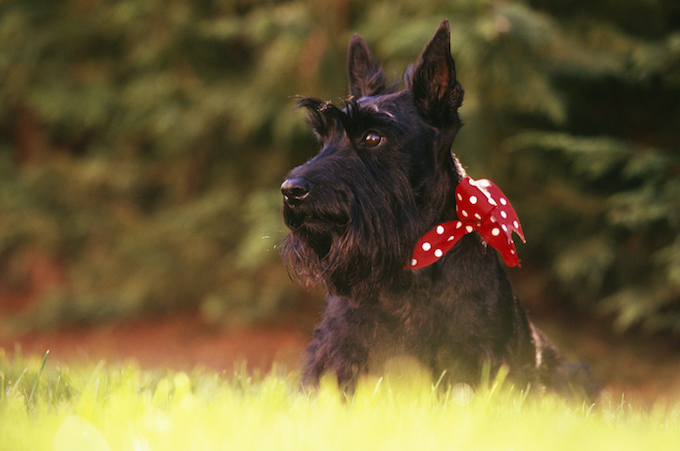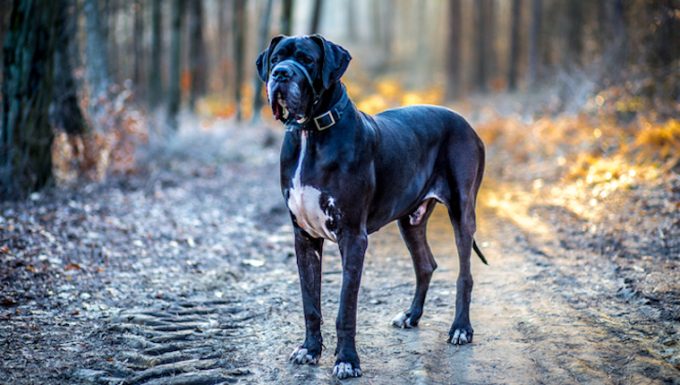Jawbone enlargement in dogs happens when an extra bone forms along the lower jawbone. The condition can make it hard to eat.
Unfortunately, certain dog breeds are more predisposed to the condition than others. For example, Scottish Terriers, Boxers, and Shetland Sheepdogs suffer from it more than other breeds.
Technically, the condition is also known as craniomandibular osteopathy.
If you see the signs of the condition in your dog, then get to a veterinarian for a proper diagnosis and treatment.
Here’s what you should know about the symptoms, causes, and treatments for the condition.
Symptoms of Jawbone Enlargement in Dogs
The condition produces a range of symptoms. For example, some of the most common symptoms include:
- Being in pain when opening the mouth
- Drooling
- Swelling
- Problems eating
- Weight loss
- Breathing issues
- Being unable to properly open the mouth
- Problems chewing
- Fever
Causes of Jawbone Enlargement in Dogs

The cause of the condition is inherited. For example, the following dog breeds are known to suffer from the condition:
- Scottish Terrier
- Shetland Sheepdog
- Akita
- Cairn Terrier
- Irish Setter
- West Highland White Terrier
- Doberman Pinscher
- Great Dane
- Boxer
- Bulldog
Treatments for Jawbone Enlargement in Dogs
Firstly, your vet will ask about your dog’s symptoms. Secondly, your vet will ask about your dog’s full medical history. This will include breed-specific problems.
Thirdly, a full physical examination will be carried out. Your vet will pay close attention to your dog’s jaw. Additionally, blood tests will be taken.
Finally, X-rays can be used to confirm the condition.
Generally, treatment begins with anti-inflammatory medication. This is to ease your dog’s pain.
Unfortunately, in some cases surgery is required to treat the condition. This process will repair your dog’s jaw. However, you may need to feed your dog a liquid diet during this treatment. Your vet can advise you on a safe diet for your dog.
Have you ever cared for a dog who suffered from this condition? How did your vet help your dog recover? Let us know in the comments section below.









